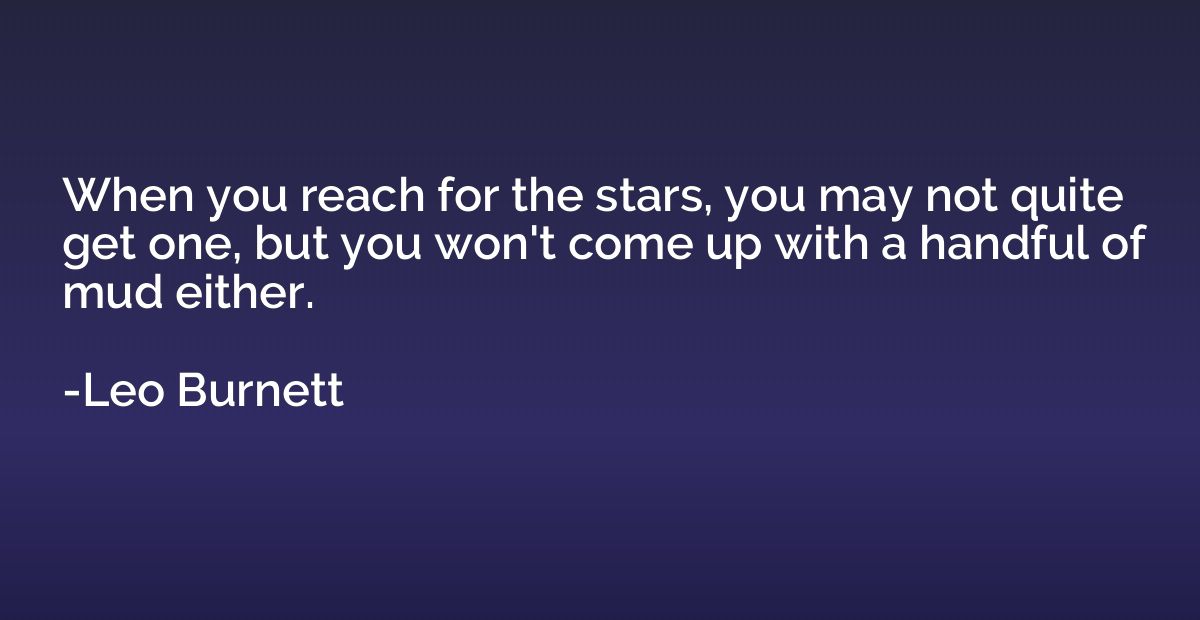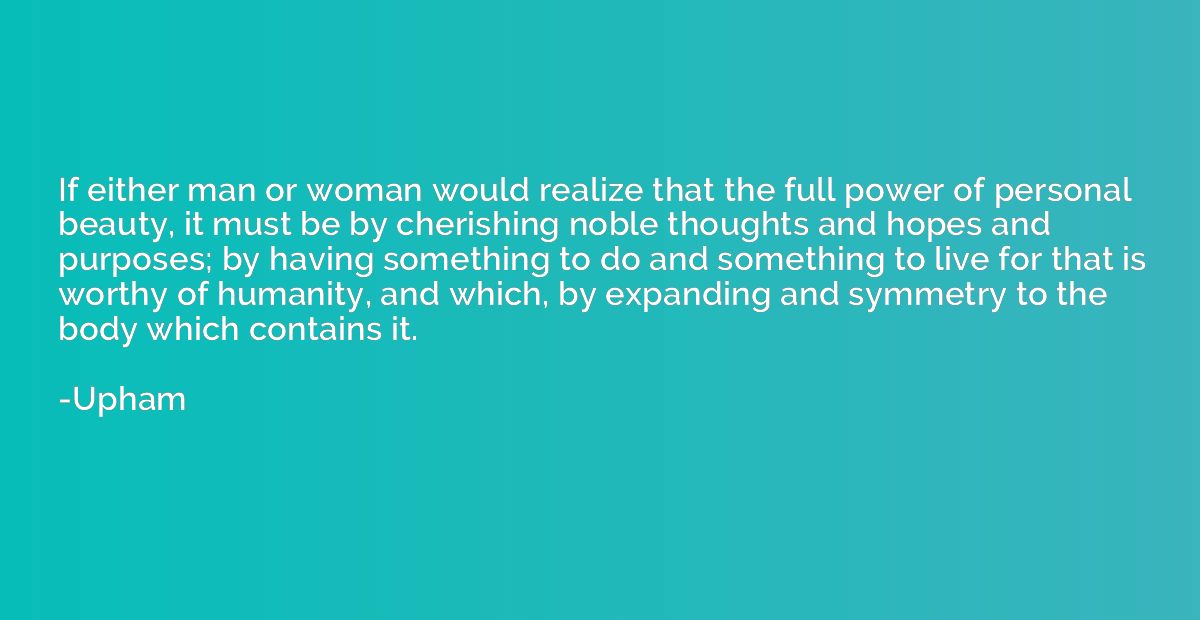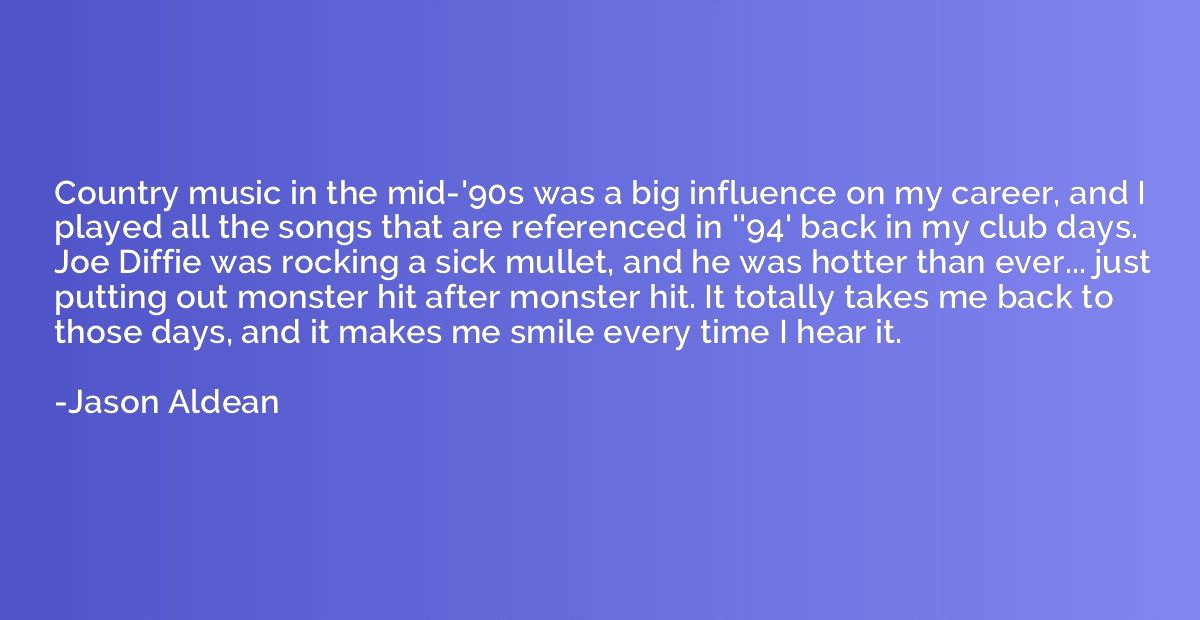Quote by Leo Burnett
When you reach for the stars, you may not quite get one, but you won't come up with a handful of mud either.

Summary
This quote suggests that even if you don't achieve the lofty goals you set for yourself, you will still make progress and achieve something noteworthy. When you strive for ambitious and challenging objectives ("reaching for the stars"), it may be possible to fall short ("not quite get one star"). However, in doing so, you will ultimately avoid settling for mediocrity or complacency ("won't come up with a handful of mud"). The quote highlights the importance of aiming high and pushing oneself, as it leads to growth and accomplishments, even in the absence of fully reaching the desired outcome.
Topics
Dreams
By Leo Burnett














